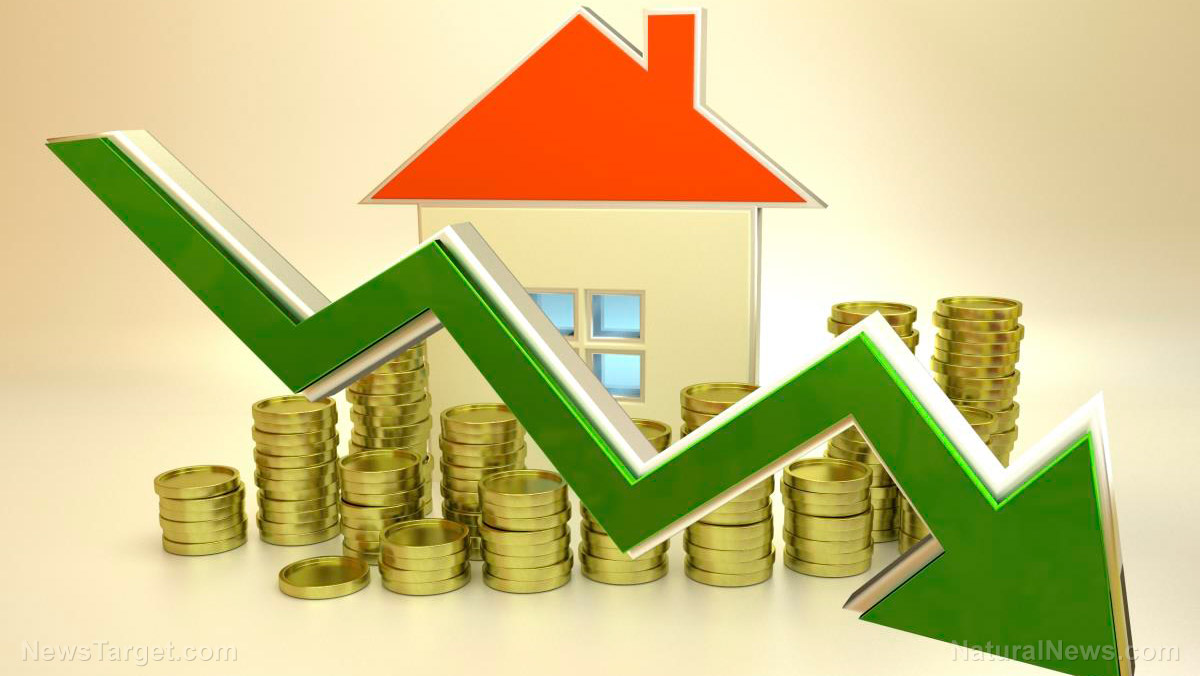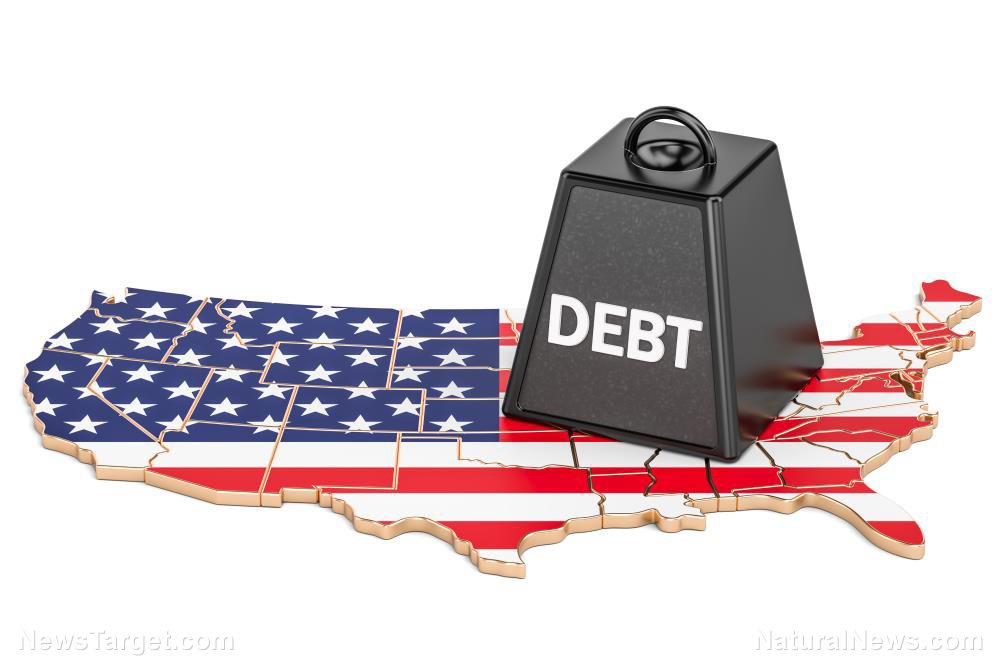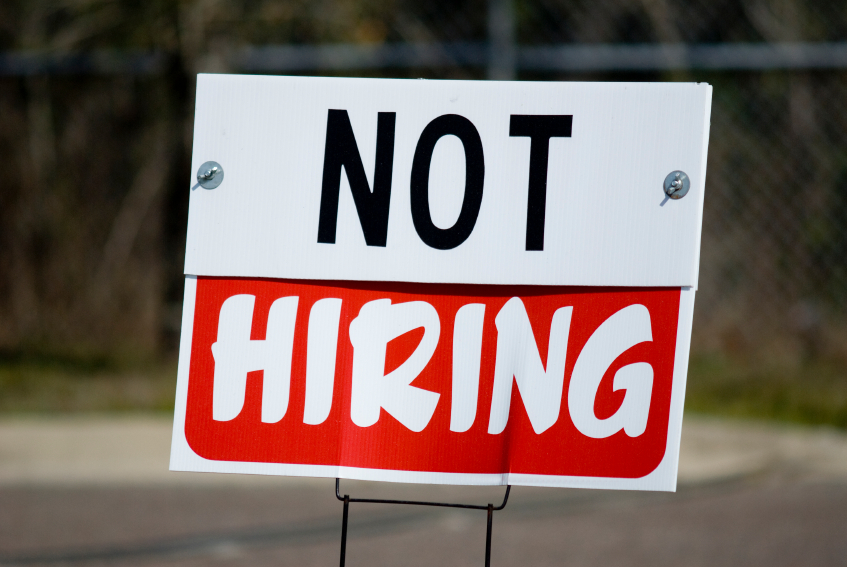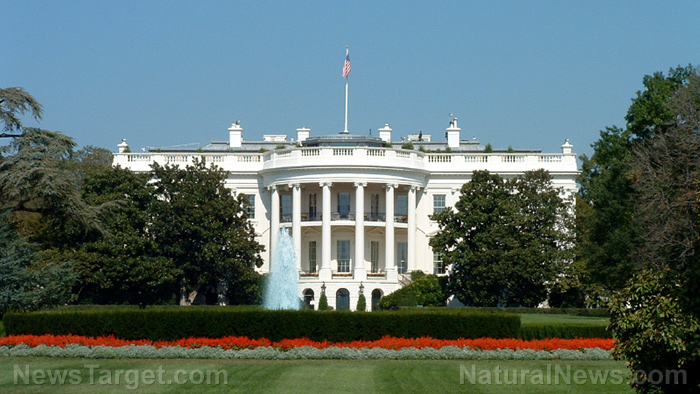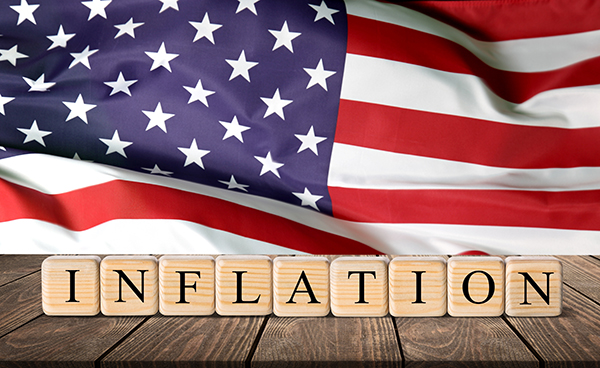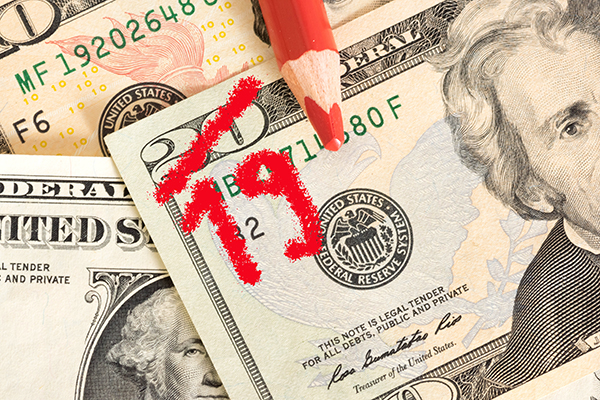Calling the US recession a recession is ‘vitriolic’ partisanship, Krugman claims
08/03/2022 / By News Editors

New York Times columnist and economist Paul Krugman insists the United States is not in a recession, that the term is essentially meaningless, and current efforts to apply the label to the U.S. economy amount to “vitriolic” partisanship.
(Article by Tom Ozimek republished from TheEpochTimes.com)
Krugman made the remarks in an interview on CNN’s “Reliable Sources” program that aired on July 31, days after the U.S. economy met the rule-of-thumb definition for a recession, with GDP coming in negative for two quarters in a row.
Host Brian Stelter kicked off the segment by asking Krugman whether the United States is in a recession and whether the term “recession” even matters.
“No, we aren’t, and no, it doesn’t,” Krugman replied.
“None of the usual criteria that real experts use says we’re in a recession right now,” Krugman continued.
“What does matter? The state of the economy is what it is. Jobs are abundant, although maybe the job market is weakening. Inflation is high, though maybe inflation is coming down. What does it matter whether you use the ‘r-word’ or not?” the economist added.
Recession?
Debate has swirled around whether the U.S. economy has fallen into a recession after a 0.9 percent contraction in the second-quarter GDP, which followed a 1.6 percent decline in the first quarter.
Two negative back-to-back quarterly GDP prints are a common practical definition for a recession, according to numerous experts and economists.
Formally, however, recessions in the United States are declared by a committee of economists at the National Bureau of Economic Research (NBER), who use a broader definition than the two-quarter rule that considers a range of indicators—including employment—which has continued to grow.
The Biden administration has seized on the NBER’s criteria for declaring a downturn, insisting the economy isn’t in a recession.
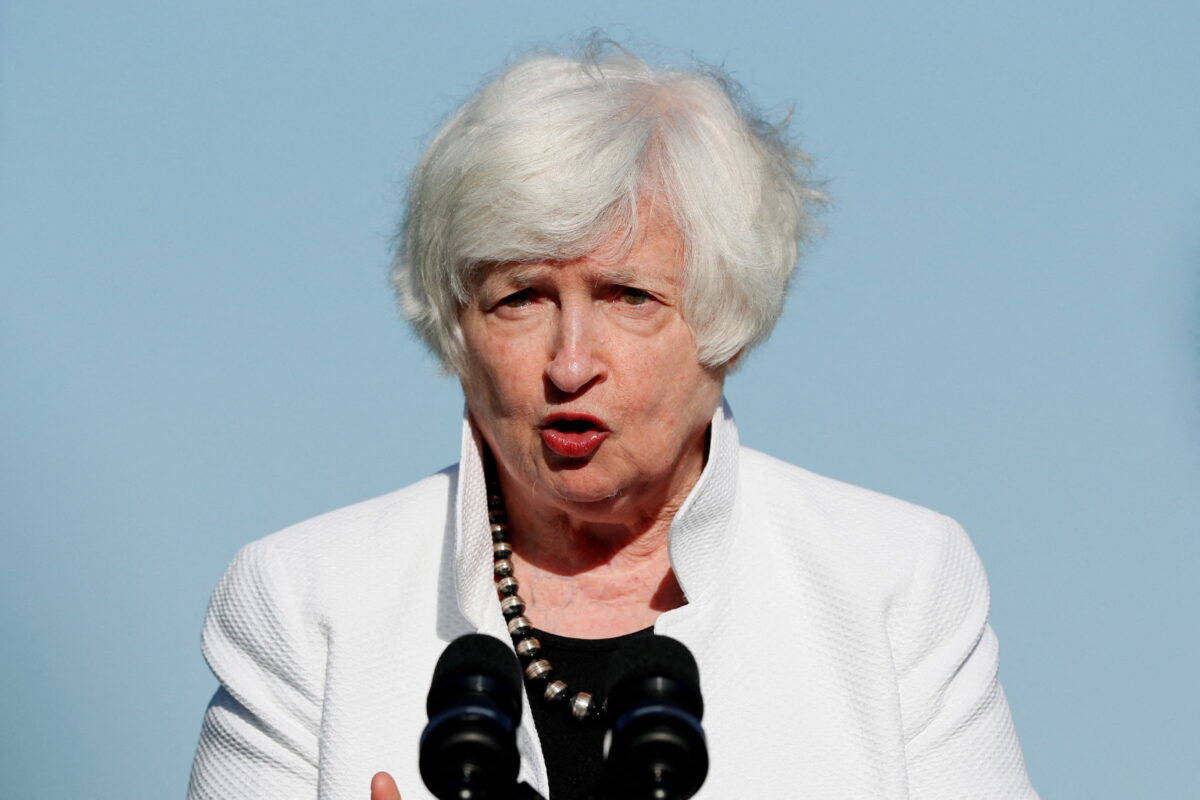
U.S. Treasury Secretary Janet Yellen speaks during a news conference in Nusa Dua, Bali, Indonesia, on July 14, 2022. (Made Nagi/Pool via Reuters)
Treasury Secretary Janet Yellen said recently that “most economists and most Americans” define a recession as a “broad-based weakening” of the U.S. economy that includes businesses shuttering in significant numbers and mass layoffs.
“That is not what we’re seeing right now when you look at the economy. Job creation is continuing, household finances remain strong, consumers are spending, and businesses are growing,” Yellen said.
A number of experts and economists disagree with the White House view.
‘We’re in a Recession. Full Stop’
Asked whether he accepts the Biden administration’s insistence that the country hasn’t yet slipped into a recession, Jim Bianco, founder of Bianco Research, told the Real Vision Finance program in a recent interview that, while it may be “shallow,” it’s a recession.
“Let me try and be clear here. Yes, we’re in a recession. Full stop, question over—a recession,” Bianco said.
Bianco said it may be reasonable to call the recession “shallow,” though he warned that the downturn could soon get ugly.
“Sure, alright, it’s a shallow recession. Check back Jan. 1 and let’s see if it’s still a shallow recession,” he added, while arguing that what the White House is doing with its messaging on the economic slowdown is nothing new.
Bianco spoke of White House pushback during the Carter administration in the late 1970s against economists warning that soaring inflation could lead to a depression. Out of that controversy, the word “recession” was born as a softer way to refer to an economic slump, Bianco said, adding that current administration efforts to deny that the economy is in a recession amount to more of the same.
“We used to call them depressions. In the 1930s, the Hoover administration went crazy because we used to call them ‘panics,’” Bianco said.
“Don’t call it a ‘panic,’ what we’re seeing, so they invented the word depression. So we went from ‘panic’ … the White House didn’t like that word, so we invented the word ‘depression.’ Then in 1978 they didn’t like the word ‘depression’ so we invented the word ‘recession.’”
“It seems like we’re now in the process of finding a new word to mean exactly the same thing,” Bianco said. “This is not new. We’ve done this now for 90 years between White Houses and recessions. So yes, it’s a recession.”
‘Especially Vitriolic’
In the CNN interview with Krugman, Stelter suggested that the debate between whether the economy is in a recession or not basically amounts to the White House following a time-worn strategy to downplay bad economic data while the administration’s political opponents do the opposite.
Replying, Krugman said that efforts to call the current slowdown a recession fall into a different category than standard debates.
“I would say that this is especially vitriolic,” Krugman asserted.
“I’ve been in this business for a couple of decades, and I get lots of hate mail and see stuff. I’ve never seen anything as bad as this. The determination of a lot of people to say it’s a recession is above and beyond anything I’ve ever seen,” he continued.
Asked what he thinks is driving this, Krugman chalked it up to partisan divisions.
“It’s partisanship. People want it. It’s the ‘Biden recession.’ They want their Biden recession. They’re going to have it, never mind the fact that … it’s not a recession in any technical sense,” he added.
Krugman’s remarks were met with a critical response by some prominent voices on Twitter.

Piers Morgan attends the 2019 British Academy Britannia Awards presented by American Airlines and Jaguar Land Rover at The Beverly Hilton Hotel in Beverly Hills, Calif., on Oct. 25, 2019. (Frazer Harrison/Getty Images for BAFTA LA)
‘Deja Vu’
British broadcaster Piers Morgan posted a message on Twitter saying that “[i]f Trump was still President, Krugman would definitely be saying it’s a recession,” suggesting that partisan spin around economic performance cuts both ways.
Cameron Winklevoss, founder of Winklevoss Capital Management, said in a post on Twitter: “I’m having deja vu watching Mr. ‘I was wrong about inflation’ dismiss the recession. Krugman is perhaps the most intellectually dishonest ‘real expert’ out there. Of course corporate media continues to give him a platform to spread misinformation.”
Krugman, who earlier predicted that the current inflationary wave would be a short-lived “transitory” phenomenon, admitted in the interview on CNN that he was “wrong about inflation,” which has remained stubbornly high in the United States and in June hit a 40-plus year high of 9.1 percent.
Still, the economist doesn’t believe he’s making another mistake by insisting the U.S. economy isn’t in a recession. Krugman took to Twitter to defend the view that the U.S. economy isn’t contracting, citing data on Gross Domestic Income (GDI) that suggests the U.S. economy has been growing continuously since the end of 2021, and other “inconsistencies” in the data.
“The inconsistencies have been especially large lately: GDP falling but GDI, which should be exactly the same, rising along with employment; industrial production up when the economy is supposedly down,” Krugman said in one of the posts.
“This kind of noise in the data explains why the NBER doesn’t rush to make recession calls, and relies on multiple indicators, not just GDP,” he continued.
“There’s a pretty good chance that we’ll eventually conclude that the economy, while slowing, actually grew” in the first half of 2022, Krugman argued.
‘Inflationary Depression’
By contrast, economist and investor Peter Schiff, founder of Euro Pacific Capital, told The Epoch Times in an earlier interview that he believes the United States is slumping into an “inflationary depression.”
“I think that the economic weakness is going to be so pronounced and over such a long period of time that it would not even do it justice to call a recession,” he said. “I think depression is going to be a more accurate description of what we’re going to go through.”
Schiff argued that the United States will spend most of this decade in a state of depression while, at the same time, “prices are going to rise much more in this decade than they did in the 1970s.”
Former President Donald Trump recently predicted that, under President Joe Biden’s watch, the U.S. economy is heading for not just a recession, but a full-blown depression.
Read more at: TheEpochTimes.com
Submit a correction >>
Tagged Under:
CNN, government, inflation, Krugman, New York Times, propaganda, recession
This article may contain statements that reflect the opinion of the author
RECENT NEWS & ARTICLES
COPYRIGHT © 2020 Debtbomb.news
All content posted on this site is protected under Free Speech. Debtbomb.news is not responsible for content written by contributing authors. The information on this site is provided for educational and entertainment purposes only. It is not intended as a substitute for professional advice of any kind. Debtbomb.news assumes no responsibility for the use or misuse of this material. All trademarks, registered trademarks and service marks mentioned on this site are the property of their respective owners.

